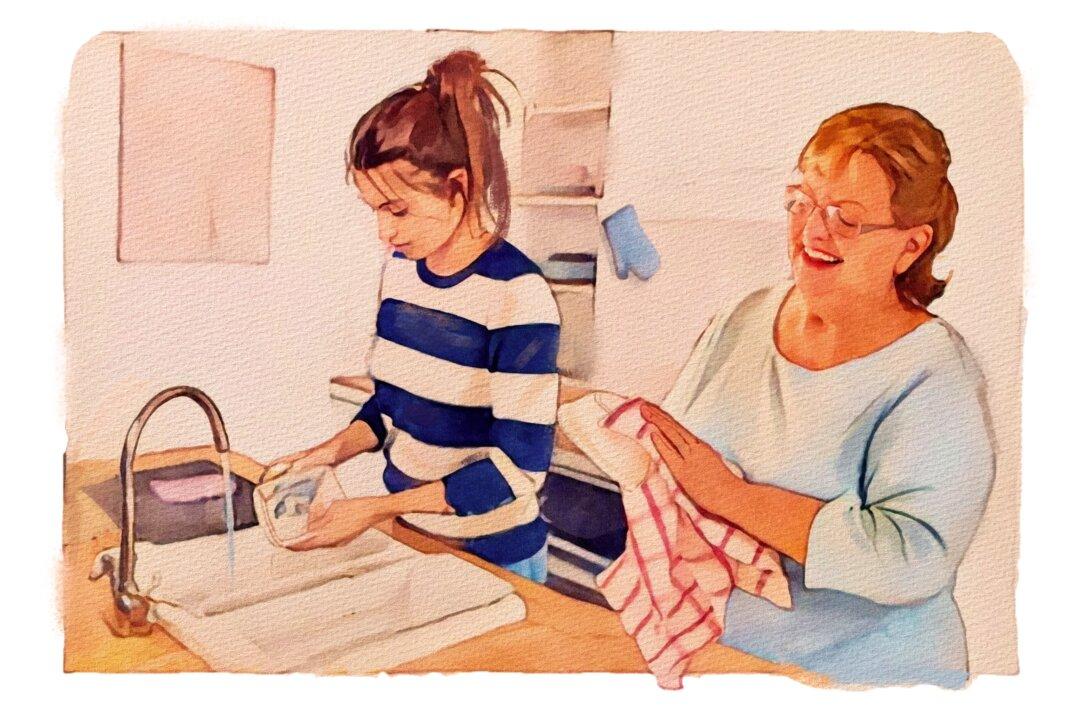“Everybody wants to save the earth; nobody wants to help mom do the dishes.” That line from satirist P.J. O’Rourke in “All the Trouble in the World” applies to the 2022 World Economic Forum meeting in Davos, Switzerland, where high-ranking government officials and elites gathered to discuss climate change. Thousands of them arrived via high-polluting private jets, prompting an outcry from environmentalists.
Here, I suppose, we might recast O’Rourke’s witticism as “Everybody wants to save the Earth, but nobody wants to take the train.” Adding to the delicious hilarity of this hypocrisy is the fact that this swarm of luxury jets buzzing in and out of Davos has drawn criticism in past years as well, marking our grand poohbahs as slow learners.






